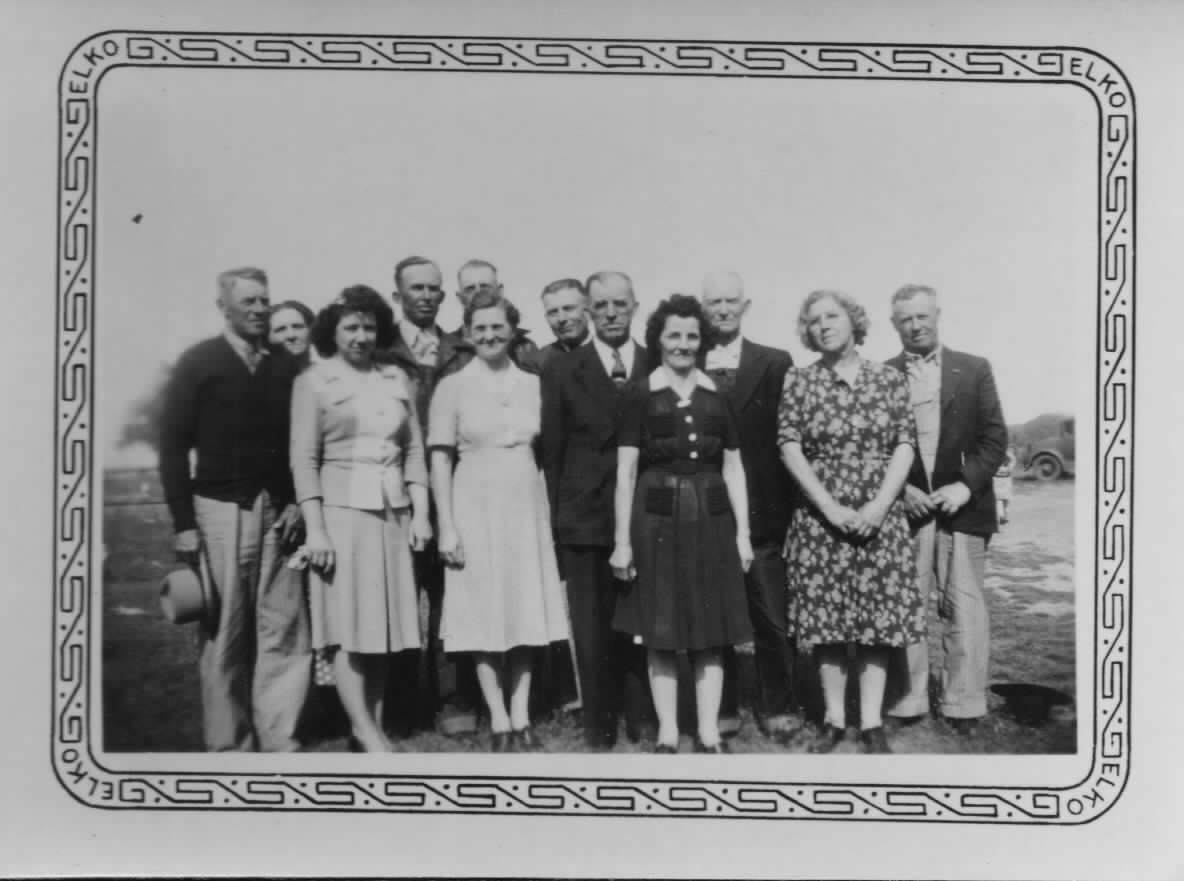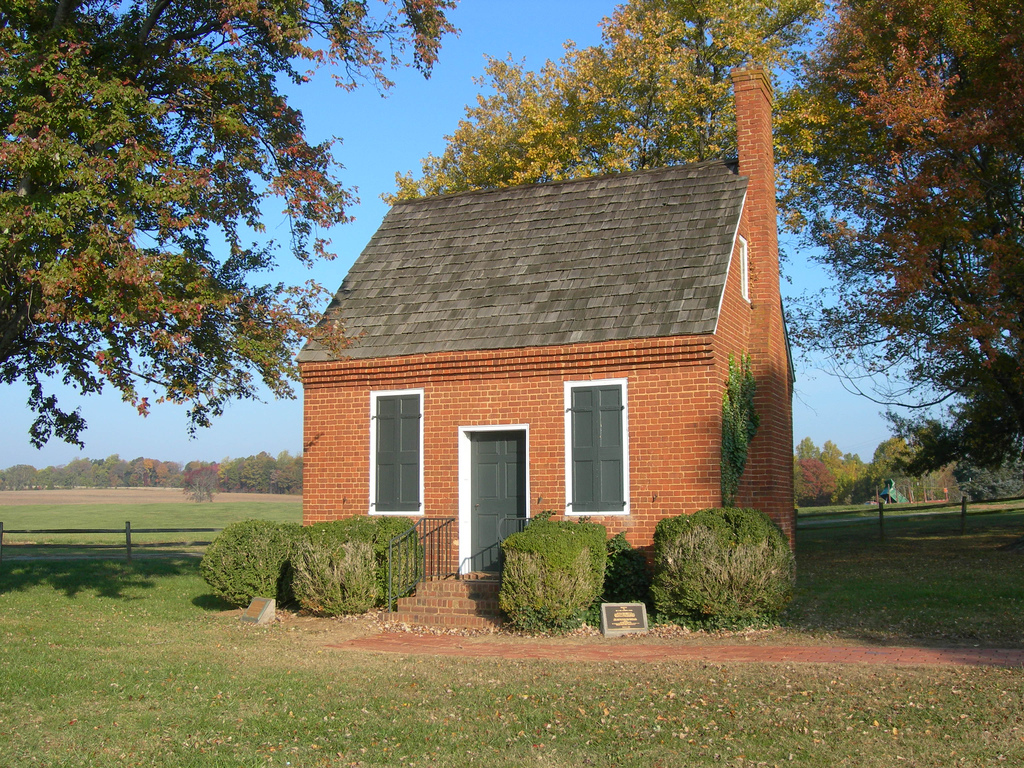 |
Dalton America A Family Group Project |
 |
|
Background Origin of the Daltons
at the Focus of Our Project History of Our Family Group
Project How
do I join the Dalton America project? Privacy and Sharing DNA
Results Which DNA test should I
purchase? For Y-DNA Members How do Y-DNA results tell me about my ancestors? Working with my Y-DNA Matches- Step 1: Reading my Y-DNA Matches -Step 2: Preparing my Y-DNA dashboard -Step 3: Locating your Family Subgroup -Step 4: Connecting with matches For atDNA (FF) Members How do atDNA results tell me about my ancestors? Working with my FF Matches - Step 1: Reading my FF Matches - Step 2: Preparing my FF dashboard - Step 3: Connecting with my FF cousins Return to Dalton America Home Page |
How does Family Finder find my ancestors?Often those purchasing autosomal DNA (atDNA) tests such as Family Finder expect a report that will fill out their family tree. Unfortunately, it is not that easy. "Family Finder" is aptly named. It takes advantage of scientific DNA to identify your known and unknown cousins living today who also have submitted to DNA testing. That is all! It does NOT identify ancestors, only contemporary cousins. Thus, it is a gateway to finding ancestors, not a final step.The key to (and we would hasten to add the danger of) your search for ancestors through Family Finder is the information that you and your matches will share as you email or write each other about your ancestors. It is the key because everyone's knowledge of their ancestors is fragmentary, even for the best of genealogical researchers. But your fragment of knowledge and your match's fragment of knowledge will not be the same. S/he may introduce you to the names and stories of common ancestors that you did not know about. And you may introduce him/her to those you know about. That is the essential exchange so vital to the productive use of Family Finder. So, what are the dangers of Family Finder research? They are two fold. First is the very real possibility of error in everyone's fragmentary knowledge of their ancestors. Will the information you receive from your match be accurate? Or will it be speculation, educated guess or outright error? Inevitably our fragmentary knowledge of ancestors contains stories passed down and vaguely remembered that are distorted in small or large ways. This possibility has increased geometrically in the internet age because those errors in stories no longer just circulate in families, they circulate on listservs, databases, wikis, and internet family trees. This is why so much energy by so many researchers goes into documentary genealogy, to confirm and refine family stories. No greater frustration will plague your exchanges with matches than following the ecstasy of discovering the name and history of a 3rd great grandparent with the crushing disappointment that the correspondent incorrectly identified his or her ancestor. Unfortunately it happens far too often. BUT at the same time be assured, nothing will be as satisfying, indeed making your day, as finally finding out that a cousin indeed knows the name and history of your 3rd great grandparent about whom you had not known. Thus, your correspondence with your match SHOULD have a dimension of "How confident are you and why are you confident that this is your ancestor?" The second danger lies in the nature of Family Finder as a scientific DNA test. It is commonly said that you receive 50% of your DNA from your father and a similar percent from your mother; that you receive 25% of your DNA from each grandparent; 12.5% from each great grandparent, and so forth. This is generally true, BUT, only approximately. In truth you receive some range of DNA that averages those percentages. Scientists estimate that you receive anywhere from 553 to 1225 centimorgans (cM) of your DNA from each grandparent. And by the time you reach your 3rd great grandparents you receive on average only 3.125% of your DNA from each and 0-127 cM. Aw, that pesky "zero cM"! Thus, it is entirely possible you have no DNA from one of your 3rd great grandparents. That is why we say that autosomal DNA, Family Finder, is only reliable back four generations. Someone who is your 4th or fifth cousin may not share any DNA with you at all (a "false negative" is the term we use). And, because the cM of shared DNA is so small, someone who may be identified as your 4th or 5th cousin may in fact not be related to you at all (a "false positive" is the term we use). DNA experts call this fourth generation -- your 3rd cousins -- "the horizon of reliability." Your administrators urge you to be conscious of this horizon. Work diligently with your matches who are first through 3rd cousins (roughly fifty and more shared cM). Share your family information and the level of your confidence in that information with them. Family Finder supports your confidence that you share an ancestor with them. If you can find that common ancestor, you will open new knowledge of your family. But if you go further back to 4th and more distant cousins tread lightly. You are in the land of false positives and false negatives. You should not ignore such matches, but the power of science to confirm through DNA that they are certainly your cousin is lost. You need to confirm by some method other than scientific DNA. You can still exchange information with them to discover confirming information beyond the DNA. Just don't rely on the DNA to provide the answer. There are, however, strategies to protect yourself against these dangers and the possible gains from using Family Finder are immense. One of your administrators spent fifty years searching for 4th great grandparents that were only found through Family Finder. Just remember, Family Finder is the gateway to your discoveries, not the final step. The process proceeds and you exchange messages with your matches. You know now that you have matching strands of DNA. The task ahead is comparing your knowledge of your family with the knowledge of your match's family to discover which ancestor, perhaps now unknown to you, contributed that small strand of DNA to both you and your match. In that great discovery is the reward. In the next few pages we will guide you on using Family Finder for this process of discovery. |
| Background |